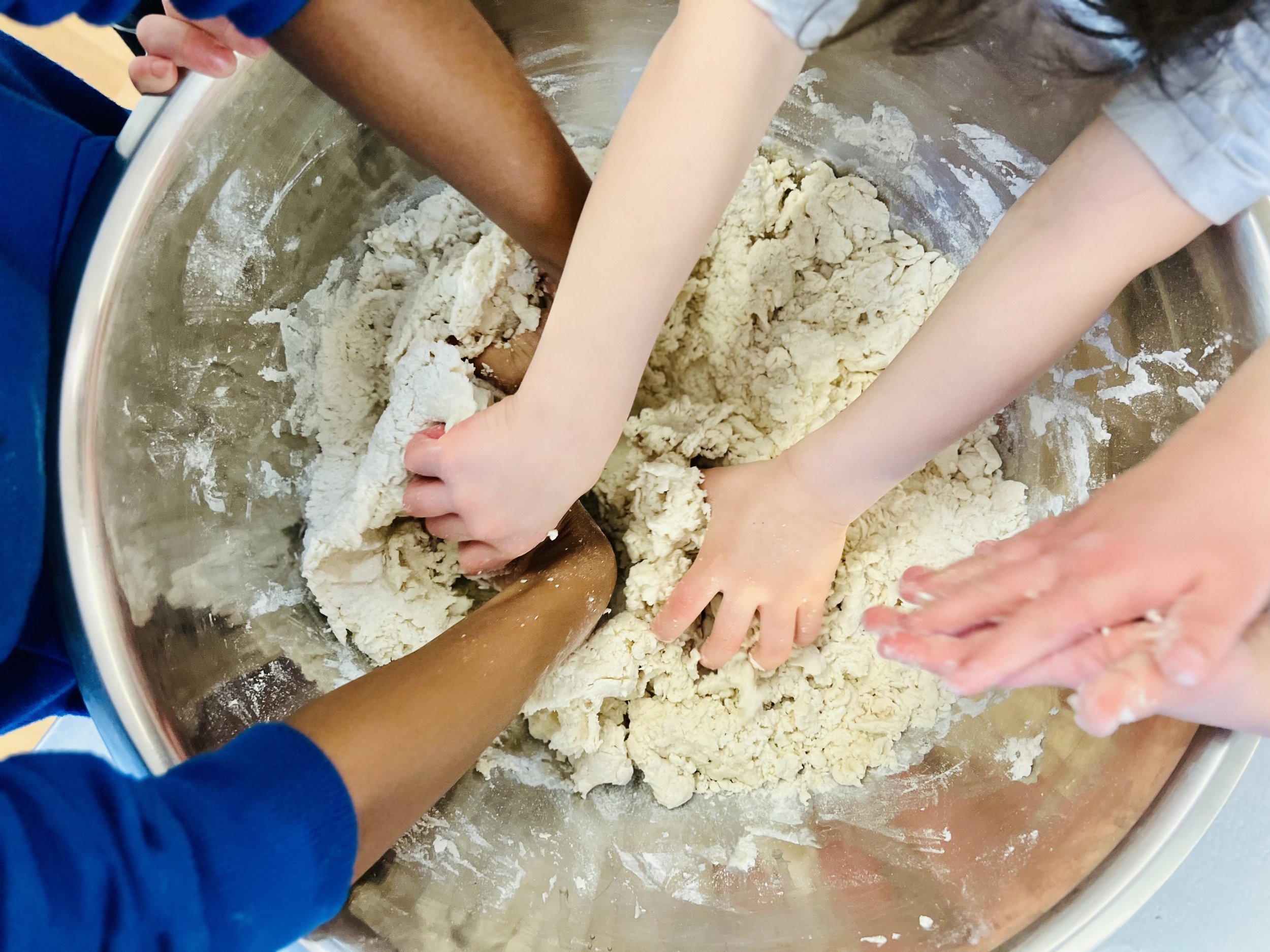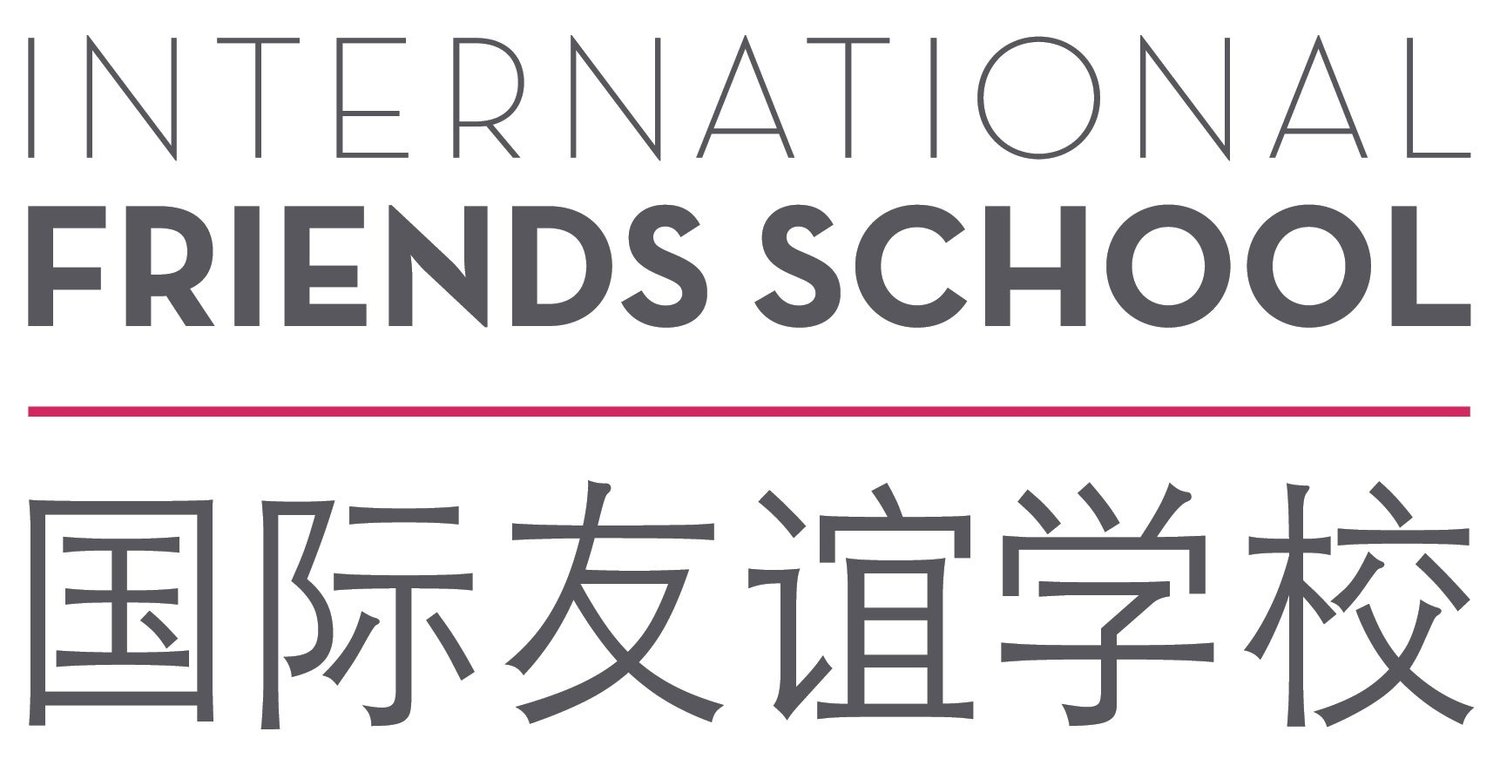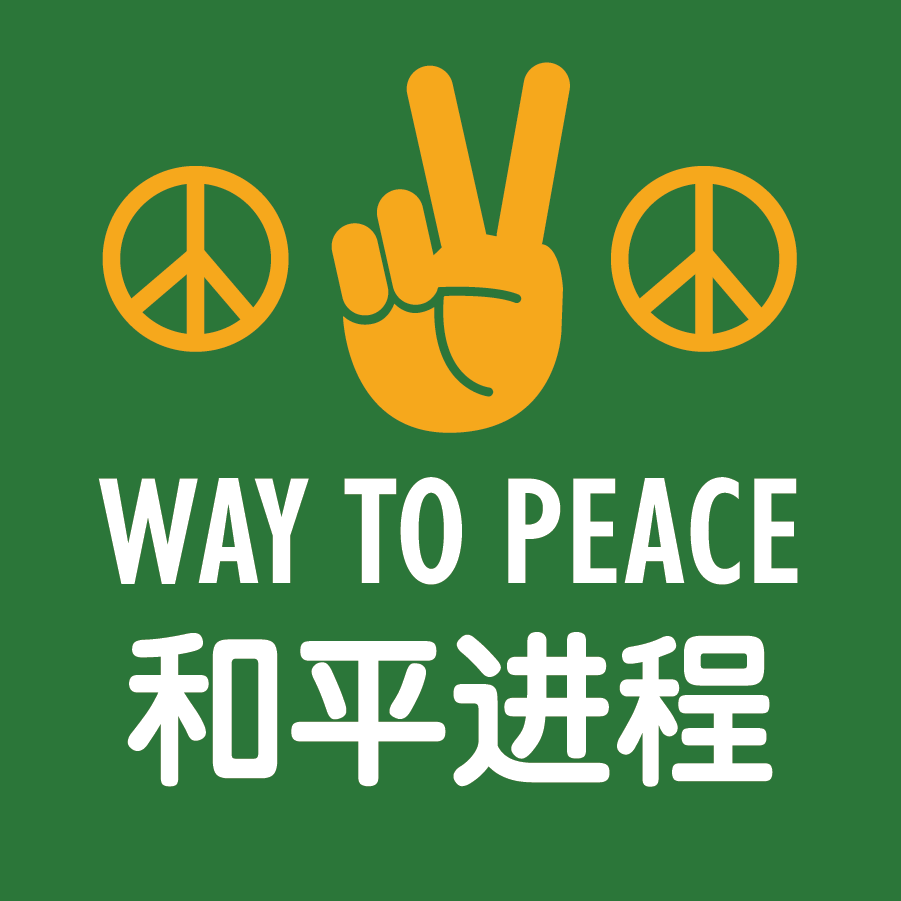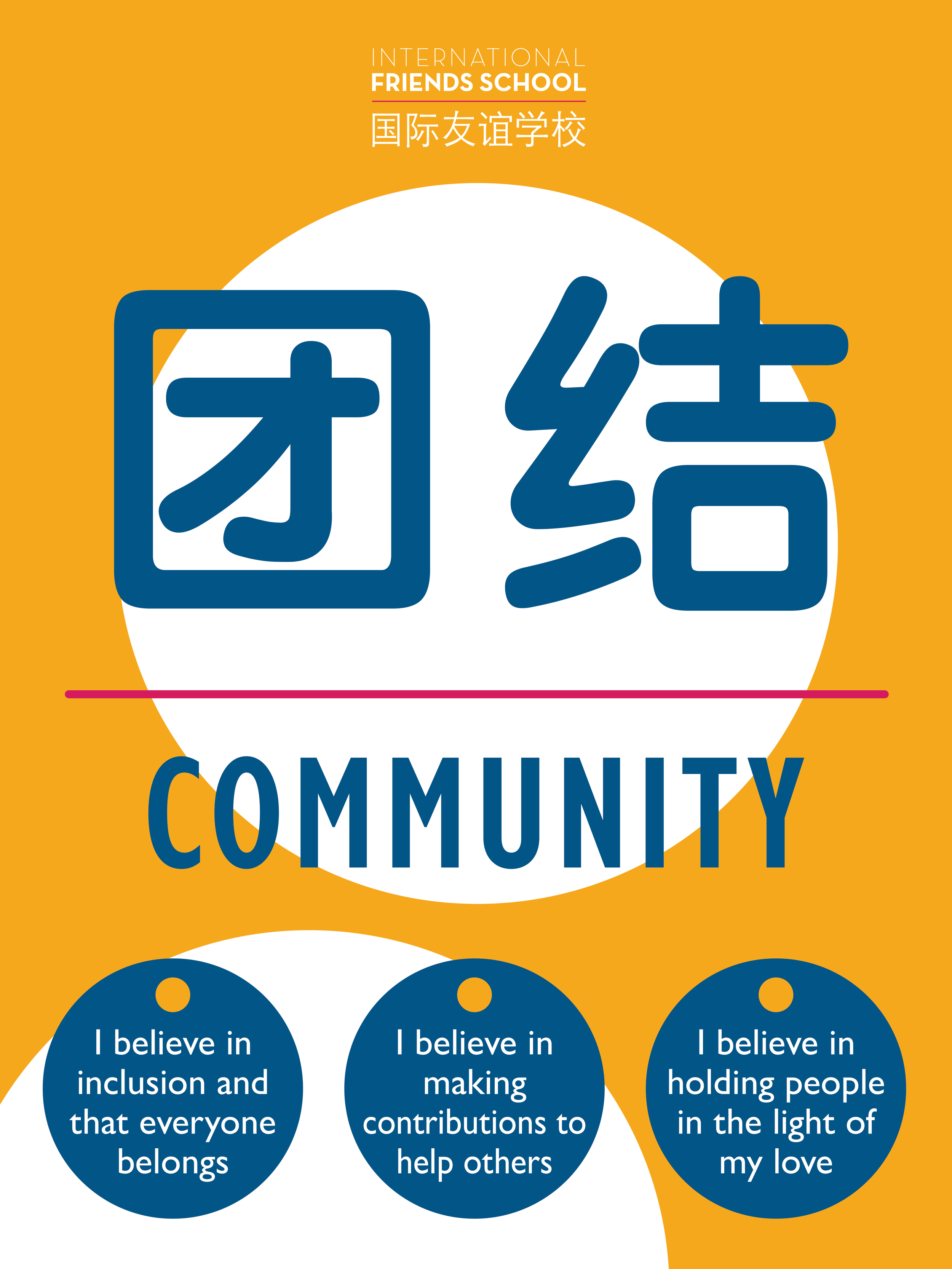
BEING A FRIENDS SCHOOL
Quaker Education
Quakers care deeply about what kind of people, both young and old, are becoming, what goals and motives are effective in their lives, and what their response is to the high calling of being human.
Quaker education does not seek to inculcate a particular set of beliefs or doctrines; it seeks to nurture a particular sort of personhood, a person who has first-hand experience of the reality and importance of the truth in life. A person that can hear all voices but trust their own. A person who is tolerant and can accept the fundamental differences between us while still finding a constructive path with those they disagree with.
Members of the Religious Society of Friends, Quakers believe that there is “that of God” in everyone—that goodness and dignity are inherent in all human beings. Sometimes this godliness is referred to as a "divine spark" and a beautiful potential for compassion and truth.
International Friends School emphasizes the development of a caring community, peaceful resolution of conflict, and service to others, especially those less fortunate. Friends schools have a long tradition of putting love into action resulting in a unique combination of academic excellence and moral development.
The following Quaker testimonies are studied and practiced every day at IFS. We believe that what we do, say, and feel every day, shapes the person we are all becoming.
We are proud to be part of a national network of some of the best independent schools today. Click here for a map of other Friends Schools in the USA.
Community: Values of a Quaker Education
*Thank you to the San Francisco Friends School and Friends Council on Education for helping us inform and shape our writing about the Quaker traditions and testimonies.
Link to the Friends Council on Education with an abundance of resources on Quaker Education:
Links to a few other Friends Schools in the United States:
Meeting for Business
When issues, or sources of conflict do arise at IFS, it is the Quaker Friend’s practice to open this up in the form of “Meeting for Business”.
Collaborative problem solving is a critical part of the Friend’s School practice. All students have the opportunity to have their voices heard. After this sharing period, the gathered students and teachers will discuss possible solutions together and best practice implementation.
Meeting for Business is used to:
Build an agenda of current concerns: paper towels on the ground, some students not washing hands, children missing their parents.
Students are given the opportunity to contribute their concerns. All voices are heard.
Together, teachers and students brainstorm solutions that can work for everyone. Action is only taken when every individual feels that they can “get behind the idea/plan.”
Anjing Xia Lai
Meeting for Worship
This important Quaker practice involves unprogrammed silence.
We listen to the tiny, quiet voices within and share our collective silence. A person may speak into the silence if they so wish.
Afterwards, we share joys and concerns as a community.
Peace Process
Way to Peace describes the process used to help students through a conflict. We believe that conflicts offer helpful tension, and opportunities to grow.
Most early childhood negative experiences/conflicts occur because of:
Unregulated emotions (sadness, hitting, biting, pushing)
Snatching toys
Unequal Sharing
Exclusion “you can’t play with me/us”
Bossy or unkind language
The Way to Peace card is used when two/three children have been helped through a conflict by using language and reaching an agreement. Parents need to understand the nature and outcome of a conflict so that they can follow up with their children at home.
The Peace Process becomes more sophisticated as the students mature, but what is critical is that they begin to use language and to respect “Qing Bu Yao”
At IFS, we follow clear guidelines for the Peace Process that ALL students must be familiar with. Listening to perspectives in conflict is an essential skill that children can begin early.
Holding in the Light
This beloved Quaker practice shows love + caring for humankind. We use this to hold people in a healing light of love when we hear that they are sick, or have suffered a loss. It is also used when there is a tragedy that impacts our community.
We can help each other to heal, and to feel stronger.










